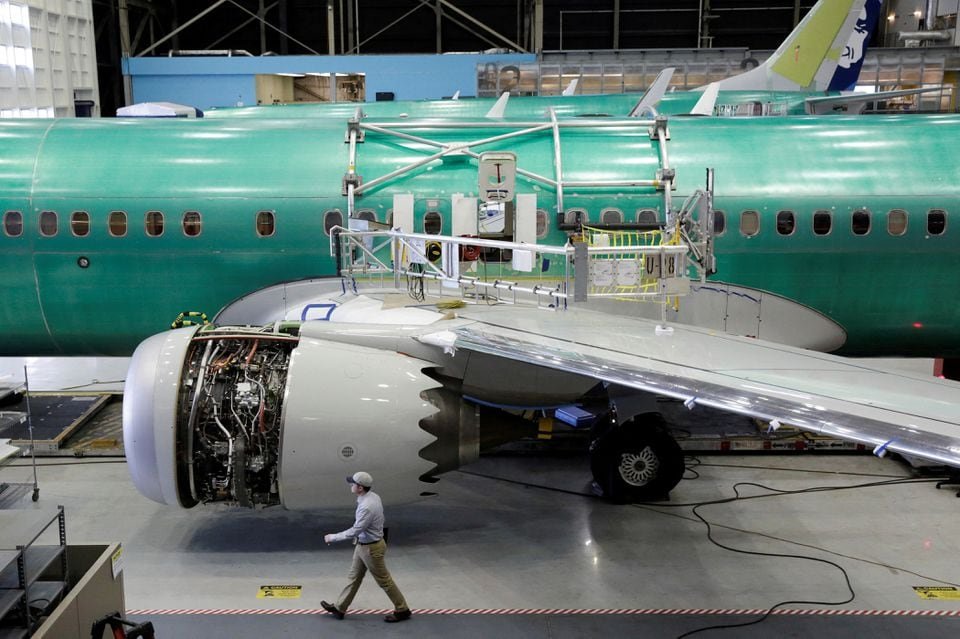U.S. authorities said the cockpit voice recorder data on the Alaska Airlines Boeing 737 MAX 9 aircraft that lost a panel mid-flight on Friday had been erased, reinforcing the industry’s need for longer in-flight records.
The head of the National Transportation Safety Board (NTSB), Jennifer Homendy, stated on Sunday that no data could be recovered from the cockpit voice recorder within two hours, at which point the recording restarts and erases the prior data.
For aircraft manufactured after 2021, the United States mandates that cockpit voice recorders log two hours of data, whereas Europe requires 25 hours. Since 2016, the International Civil Aviation Organization (ICAO) has mandated that aircraft built after 2021 record at least 25 hours of flight time.
A lot was happening on the flight deck and within the aircraft. This is one crazy incident. The CVR (cockpit voice recorder) circuit breaker was left unplugged. It was at about the two-hour mark when the maintenance staff went out to retrieve it, according to Homendy. She stated that while the aircraft’s flight data recorder and cockpit voice recorder were delivered to NTSB labs on Sunday for analysis, no voice data was accessible.
CONSIDER WITH THE FAA
The U.S. should expand its regulation to twenty-five hours, as the NTSB has loudly demanded. A month ago, the Federal Aviation Administration (FAA) of the United States said it was considering extending the time to 25 hours, but only for new aircraft.
Homendy said, “I’m calling on the FAA to change the rulemaking,” adding that she did not want new planes fitted with 25-hour recorders.
“If that communication is not recorded, that is, unfortunately, a loss for us, a loss for the FAA, and a loss for safety because that information is key not just for our investigation but for improving aviation safety,” she stated.
According to Homendy, Congress should intervene in the FAA renewal bill to guarantee the adoption of the proposed rule.
The more extended recording standard is a topic of debate that balances privacy and financial concerns with safety factors.
The U.S. FAA rejected the NTSB’s proposal to mandate retrofitting aircraft with new cockpit voice recorders due to the high cost ($741 million versus $196 million for the incremental modifications).
Pilots have also objected to the change; the union that represents pilots at Atlas Aviation, an aviation freight carrier, informed the FAA that the longer recordings would violate the privacy of its members.
In a Dec. 28 response to the FAA’s 25-hour plan, the union stated, “It would significantly infringe upon the privacy rights of pilots and other flight crew members, as well as drastically increase the likelihood that CVR recordings will be misused or disseminated without authorization.”
After a string of near-miss accidents sparked concerns about U.S. aviation safety, the problem has assumed new importance. Since 2018, the NTSB has looked into ten cases where the CVR was altered, including four runway incursions, according to Homendy.






































Comment Template